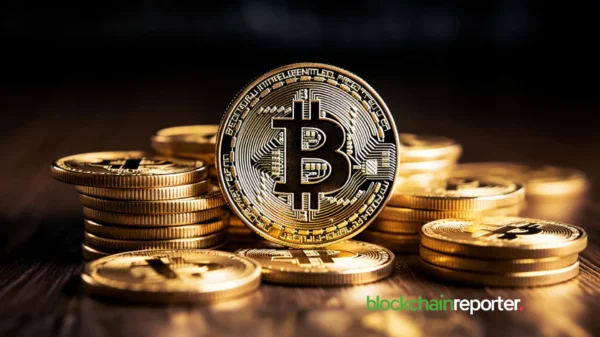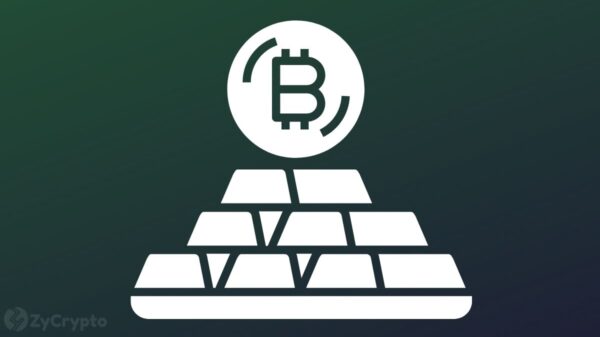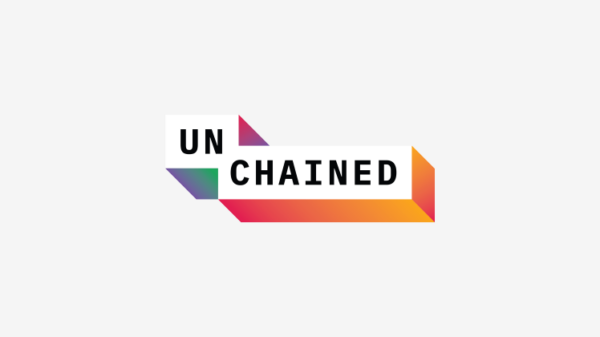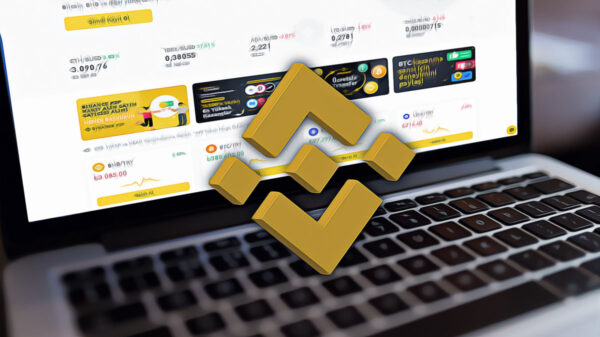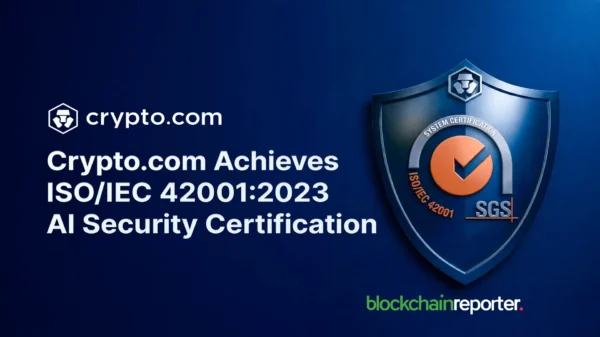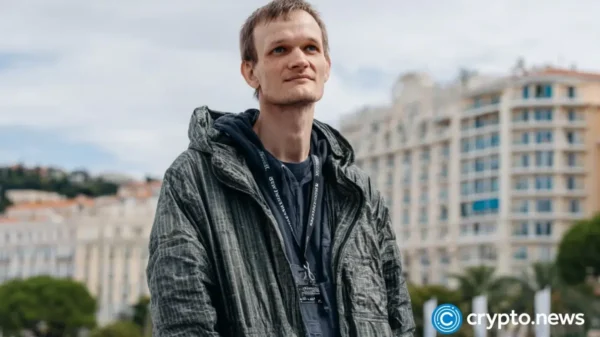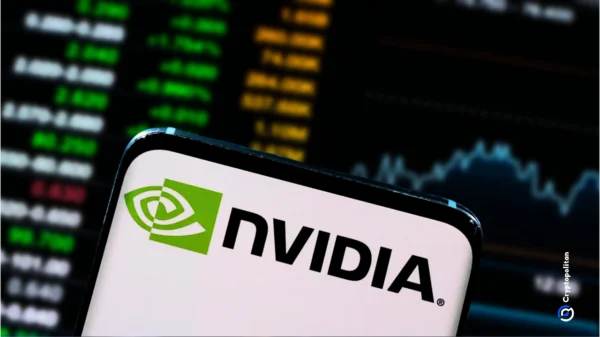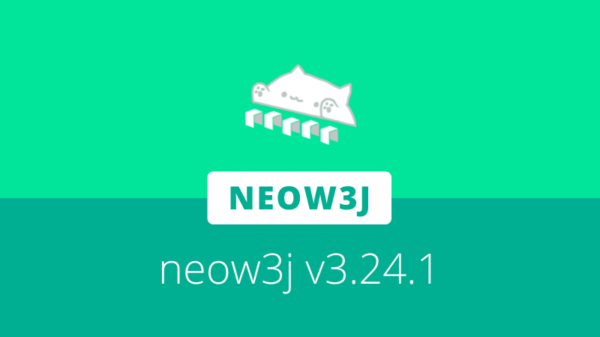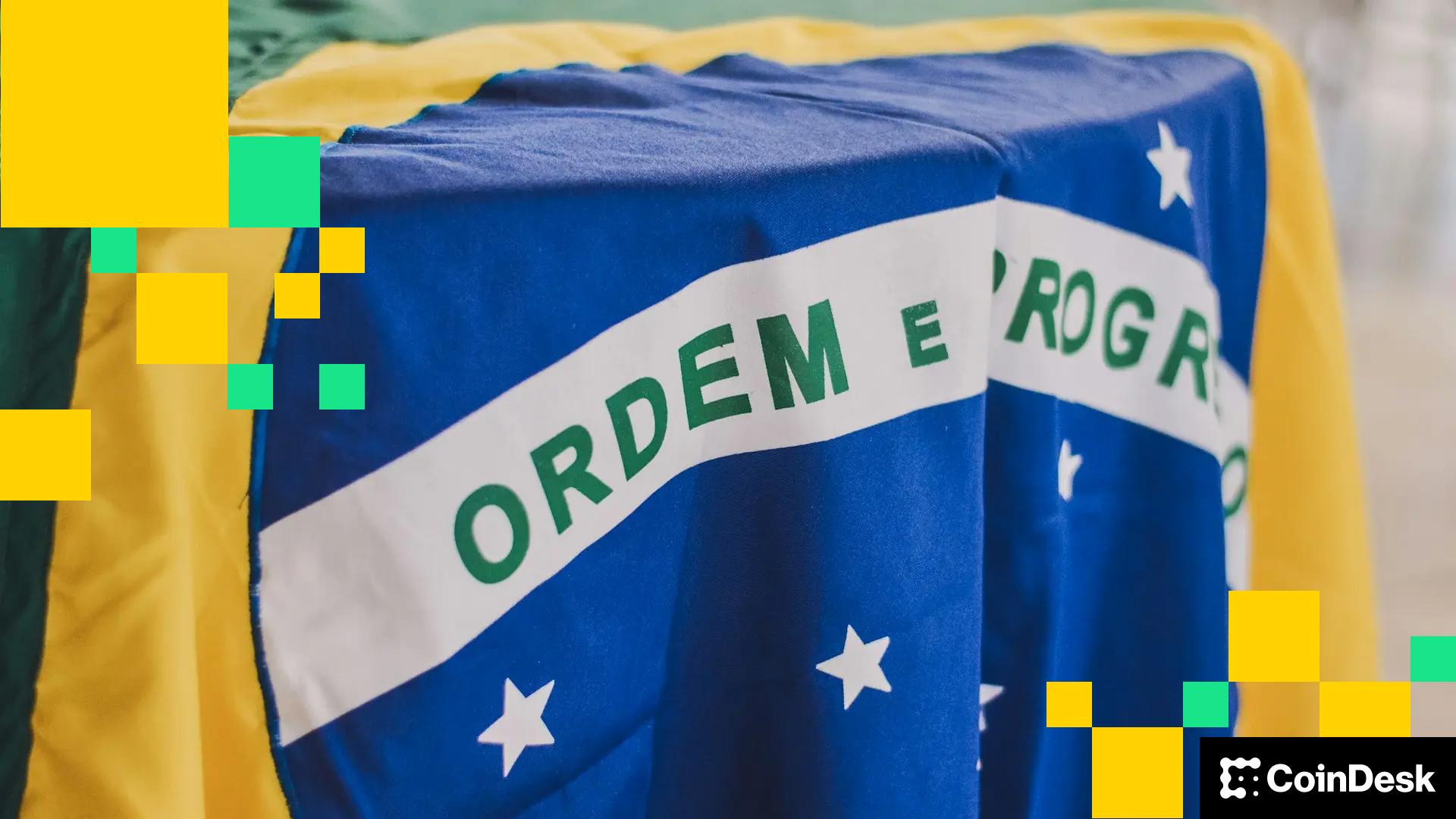In a significant move for the crypto landscape, Brazil”s central bank has introduced extensive regulations governing the cryptocurrency sector. This initiative establishes a formal licensing framework for service providers and categorizes various crypto activities under foreign exchange and capital market regulations.
The new regulations, effective February 2, require existing companies to comply within a nine-month period. This framework represents the most thorough effort by the Banco Central do Brasil to regulate a rapidly expanding, yet largely unregulated, crypto market in the country. Previous proposals since 2019 have been met with resistance and slow progress, but the bank is now taking decisive action.
According to Gilneu Vivan, the bank”s director of regulation, the challenge has been to strike a balance between fostering innovation and ensuring security. He emphasized that the crypto market”s reliance on technology comes with significant anti-money laundering obligations, necessitating robust regulatory frameworks.
The capital requirements outlined in the regulations have drawn criticism from industry stakeholders. Companies will be mandated to maintain a minimum capital of 10.8 million reais (approximately $2 million), with certain businesses required to hold as much as 37.2 million reais. This is a stark increase compared to the initial proposal of 1 million to 3 million reais discussed during the public consultation phase.
Bernardo Srur, president of the Brazilian Association of Cryptoeconomy (ABCripto), acknowledged the regulations as “positive and necessary,” but also pointed out that the high capital threshold and the short compliance timeframe could hinder competition within the industry.
Companies failing to adhere to these new rules, including demonstrating adequate capital, cybersecurity measures, and customer due diligence practices, will face operational restrictions. Furthermore, international firms operating in Brazil must establish a local entity to oversee their operations.
The regulations also introduce a new business classification known as Sociedades Prestadoras de Serviços de Ativos Virtuais (SPSAVs), or Virtual Asset Service Providers (VASPs). These entities will be categorized based on the services they deliver, including intermediaries, custodians, and brokerages.
Additionally, the framework integrates various crypto transactions into Brazil”s foreign exchange and capital controls. This encompasses international payments using cryptocurrencies, transfers to self-custody wallets, and crypto-to-fiat exchanges. Authorized VASPs will be able to conduct these transactions, albeit with certain limitations, such as a maximum transaction cap of $100,000.
Starting May 4, VASPs will be obligated to report these transactions monthly to the central bank, providing details such as client information, asset types, and transaction amounts in reais. The regulations also stipulate that VASPs cannot engage in physical currency transactions, aiming to enhance transparency and mitigate regulatory arbitrage.
This comprehensive regulatory approach aims to fortify the integrity of Brazil”s crypto ecosystem, aligning it with international standards while addressing the complexities intrinsic to the digital asset landscape.






